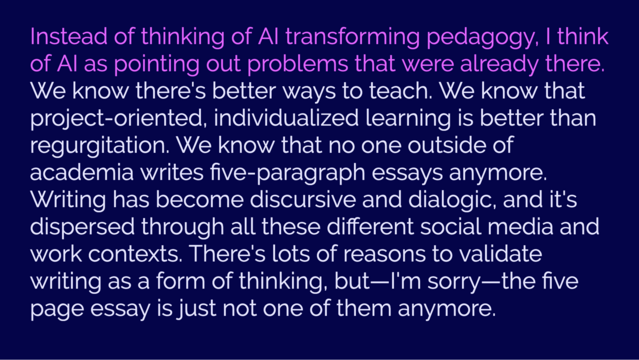2025-11-10 17:52:24
I think today's worker is the owner of the company, he certainly is the assessor.
He worked a lot later than those without the vested interest there. 😆 I finished work at my job before he did! 🤭
All the wood was sanded down and remaining nude wood given some paint. We have a test plank in the foreground of the first picture here which is painted with a second coat of paint. Seems likely we lose all the wood grain when doing that, and so will prefer the paler look where it's obviously made of wood not paint.
Won't really know for sure till it's dry. Prefer the colour a bit darker like that but if we're hiding the wood grain we might as well have used MDF instead of pine. We're after something clearly made of wood.
Another area is test-painted with just the clearcoat top varnish as a second layer. That's likely to be right, just a bit more shiny and protected.
The carpenter proper is back from holiday and starts tomorrow. He has a lot of drawers and doors to build and edging to attach to make the door panels. Still hoping at least the carpentry will be pretty much all done by the end of the week but likely some painting and touching up still to do next week. Hopefully by the end of Tuesday because I'm not really able to be here all day each day for most of the two weeks after that.

